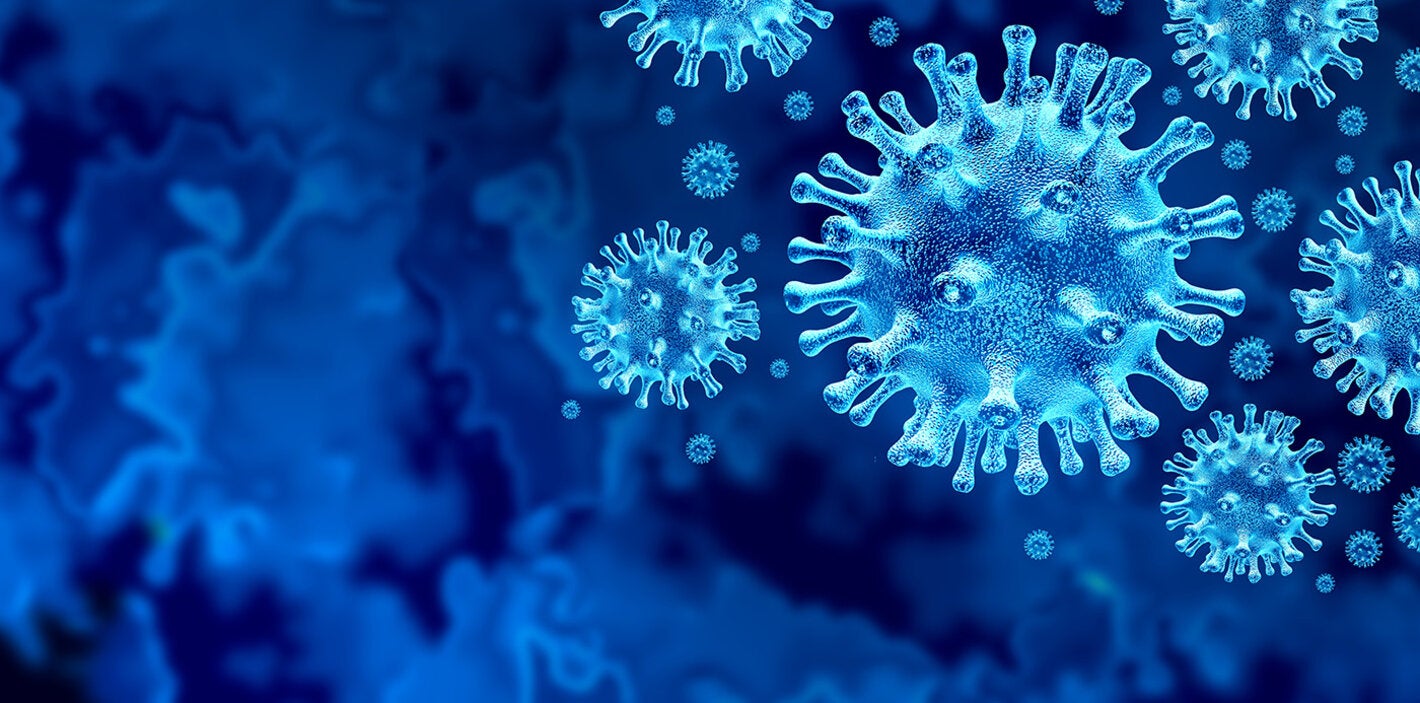Tax time: Covid-19 disaster payments may benefit Australian families
Some Australian families will enjoy a silver lining from the pain of being in lockdown, with many in line for a tax windfall. With millions of Aussies suffering through lockdowns, there is good news for those receiving Covid-19 disaster payments. Due to a change announced by Prime Minister Scott Morrison in July, those payments are not taxed. This means people receiving the disaster payments do not need to include them as part of their taxable income for Family Tax Benefits and Child Care Subsidy estimates. When the Covid-19 disaster payments were first introduced in June, guidelines said they would be taxed; however, Mr. Morrison amended that in late July.
“They won’t be taxable,” he said on Sunrise then. “JobKeeper, by the way, was. And we are treating this as a disaster in the areas where this has occurred. People, in the same way, the payments that we make for bushfires, and the payments we made for floods and other natural disasters, we are making these payments under that disaster payment framework.” He also said on ABC radio that “they’re also non-assessable on your income test for accessing your welfare payments for welfare recipients”.

What does this mean for family benefits?
While it’s clear that the payments aren’t taxed, many may not have realized that they do not count towards the income estimates that people must make for things like the Family Tax Benefit and the Child Care Subsidy. At the start of each tax year, families wishing to access those benefits must estimate their annual income.
For those who have lost jobs or income due to the pandemic, this will affect their estimate.
For those who haven’t updated their income estimate, it could mean Centrelink has underpaid them come tax time. Therefore they may receive a payment to make up for that. Also, if families update their income estimate, they could qualify for more Family Tax Benefits this year. “It’s a double bonus. It’s excellent news for those recipients,” Tony Greco from the Institute of Public Accountants told 9 News. “It’s unUnderstandably that you may not have realized the d that the sister payment is tax-free, and it’s retrospective to June 3. So you’ve got a double bonus, it’s not taxable for tax purposes, nor is it counted towards family tax benefit,” Mr. Greco .said.
So far, 1.8 million Australians have received disaster payments, which are now paid at $450 a week if you lose between eight and 20 hours’ work or $750 if you lose more than 20 hours a week. To qualify for the payments, people must have had their income affected by lockdowns or movement restrictions due to Covid outbreaks. Initially, the price could only be made for lockdowns that lasted longer than seven days, and eligibility was restricted to those whose work or income was affected in the second or subsequent weeks of a lockdown. But that condition has been
removed, so the payment is available for lockdowns shorter than seven days. Howeve,r for all lockdowns, applications for the price can only be made seven days after the lockdown commences. An extra $41 billion was committed to economic support due to the 2021-22 Federal Budge pandemic. That means the Federal Government has spent $291 billion in financial assistance since the beginning of the pandemic.




